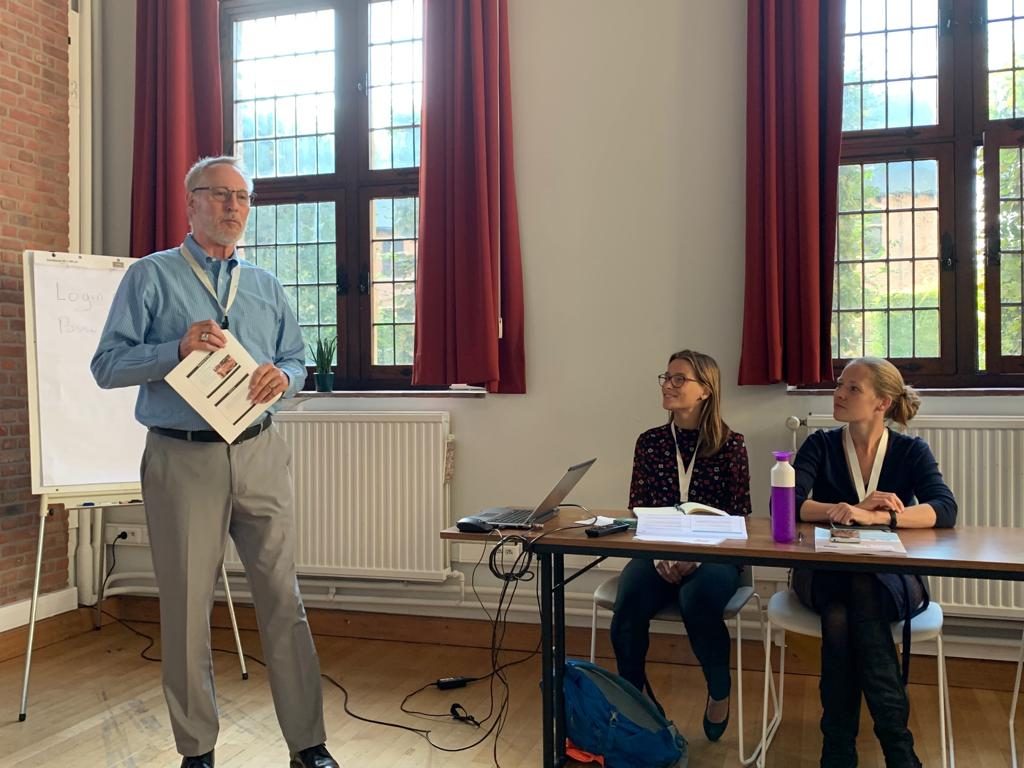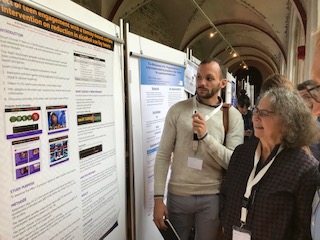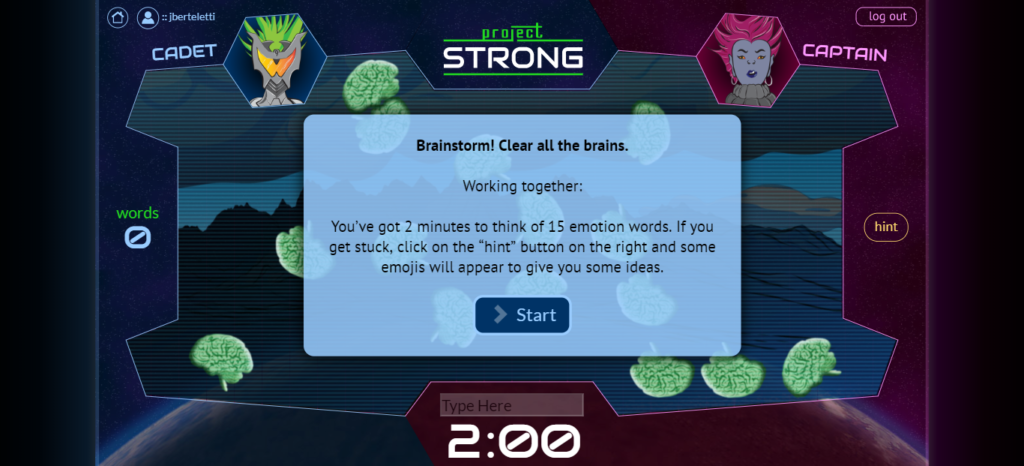Responsible Marijuana Vendor Training
Dr. David Buller, Klein Buendel Senior Scientist and Director of Research, presented recent work by his research team at the Tenth European Society for Prevention Research (EUSPR) Conference and Members’ Meeting in Ghent, Belgium in September. His presentation, “Effects of an Online Responsible Vendor Training for Recreational Cannabis Stores on Sales to Pseudo-intoxicated Customers: Need for Increased Deterrence,” was coauthored by Dr. Gill Woodall, Mr. Andrew Grayson, Ms. Sierra Svendsen, and Ms. Mary Buller from Klein Buendel; and Dr. Robert Saltz from the Pacific Institute for Research and Evaluation.
The advent of recreational cannabis in Canada, Uruguay, and several U.S. states raises the risk of polysubstance-impaired driving. In alcohol markets, training in responsible sales practices is an intervention to reduce sales to intoxicated patrons and thus prevent impaired driving and other harms. Similar training may benefit communities with recreational cannabis sales.
An online responsible marijuana vendor (RMV) training, Train To Tend, was developed with input from state regulators and store personnel. Among its five modules, learning elements taught store personnel to recognize signs of alcohol impairment and intoxication, refuse sales, and understand the risks of driving under the influence of cannabis. A sample of 150 recreational cannabis stores in Colorado, Oregon, and Washington State, USA were enrolled in a randomized controlled trial, half of which were randomly assigned to use the RMV training. Stores were posttested using a pseudo-intoxicated patron (PiP) protocol in which confederate buyers feigned obvious signs of intoxication.
Sales of cannabis to PiPs were refused at only 16 of 144 stores across the three states. There was no difference in refusal rates between intervention and control stores or between stores that used the RMV training or not. In 11 visits, store personnel commented on the buyers’ behavior or expressed concern/suspicion about buyers but sold to them anyway.
Training in responsible sales practices alone did not appear to reduce sales to intoxicated customers. Legal deterrence from making these sales may be insufficient or nonexistent for store management to support adherence to this responsible sales practice. Regulatory actions (such as swift, severe, and certain penalties) may be needed to increase perceived risk with such sales to achieve training’s benefits.
This research was sponsored by a grant from the National Institute on Drug Abuse at the National Institutes of Health (DA038933; Dr. David Buller, Principal Investigator). Train To Tend was programmed by the Creative Team at Klein Buendel.






